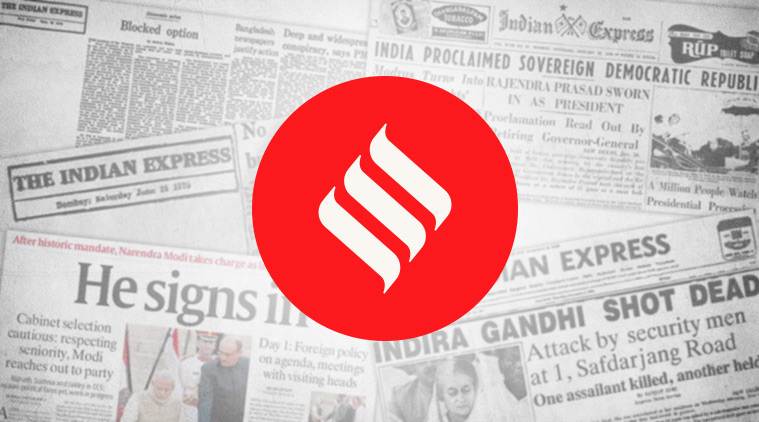
The comeback of mobile phones in the Valley, with the restoration of post-paid connections, more than two months after a communication blockade was imposed, is welcome. But listen closely to the murmurs of officialdom in J&K and there is reason to worry. As this paper has reported, plans are being drawn up of a political engagement even as the top brass of all major and minor parties remains in detention — Home Minister Amit Shah has now said that the Public Safety Act has been invoked against even Omar Abdullah and Mehbooba Mufti, not just Farooq Abdullah, setting any possibilities of their early release to rest. So, the question is: Who will be part of this political initiative, choreographed by Delhi? Will it skip the top rung of parties altogether and go straight to mid-level leaders, some of whom have been released over the past few weeks? Who will be in, who out? Much more troubling, however, than even the glib talk of bridging the trust deficit amid continuing lockdown and detentions, is the suggestion of the emergence of a new political class in the Valley, which will presumably fill the political void that has been created by Delhi, and be part of its new solution for Kashmir.
The Centre’s belief that to script a “naya Kashmir”, it needs to erase the slate and start with a blank page goes against the story of India’s politics so far — of a country that has subsumed so many of its rebellions, by turning rebels into stakeholders, and where areas of insurgency have seen the politics of anger and grievance give way to one of aspiration and hope. Of course, this is not a rosy or neat trajectory, there have been spectacular missteps and incomplete transitions. In some trouble spots, the insurgencies have simply been tired out, or have been bent to excessive force applied by the Centre. Yet, it has mostly been a narrative, tortuous and turbulent, of negotiation and bargaining, between the Centre and the protagonists on ground zero, such as they are. In the current moment, however, the Centre’s will to clear the political board in Kashmir, to wipe it clean, all the better, presumably, to repopulate it in its own image, stands out for its staggering ambition — and hubris.
The only way out is for politics, democratic politics, and not just mobile services, to resume in the Valley. This can only happen if the leaders of Kashmir, with all their strengths but also their flaws and inadequacies, are given the space and freedom that is their right. To mobilise for and against, to make criticisms and offer alternatives, on the teeming issues — abrogation of Article 370, the sense of humiliation of a people who have not been involved in a critical decision that affects them, demilitarisation, development. Kashmir, even with its troubled past and present, and especially because of it, deserves full democracy, noisy and chaotic as it may be. Not a bonsai democracy, choreographed in North Block and/or Raj Bhavan — constrained, stunted and pruned.